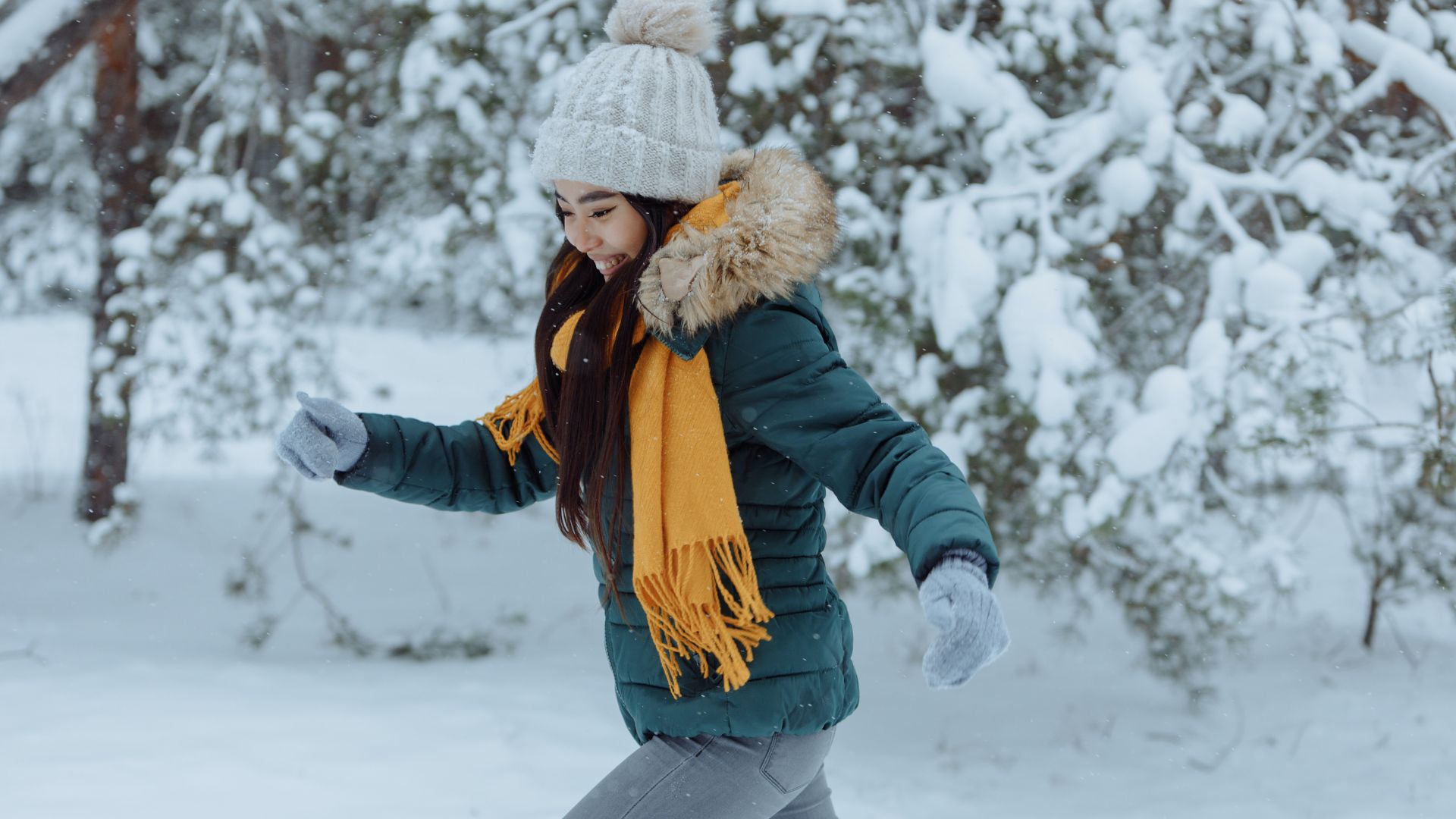Cold winter days are not only beautiful white streets and fun entertainment but also a danger to your health. In order for winter to leave you with only pleasant memories and emotions, consider following these simple rules.
Proper winter clothing
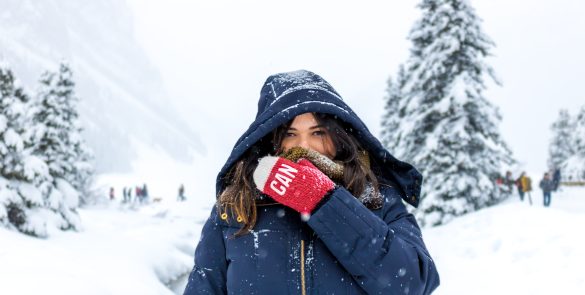
The main principle of winter clothing is layers, layers, layers! The first should be a quick drying base layer. The second layer retains body heat to protect you from the cold. A fleece or merino wool sweater or sweatshirt perfectly retains heat. The third layer is a jacket or coat – ideally waterproof! To keep you warm, clothes and shoes should fit comfortably (but not too tightly) to the body. Pieces that are too tight interfere with blood supply and accelerate freezing. You should feel free in your clothes. As for boots, ensure your shoes are waterproof and insulated and wear thick wool socks.
Move to use your body heat

If you don’t dress warmly, but if you stand motionless in the cold, you will freeze quickly enough. Clothes are designed to preserve the heat of our body, and for enough heat to be produced, it is necessary to move.
If you are waiting for a long time for the bus, the green light to cross the road or friends on the street – do not stand. You can jump in place, walk, do a couple of simple exercises – the movements will help speed up blood circulation and keep your body warm!
Eat before going out
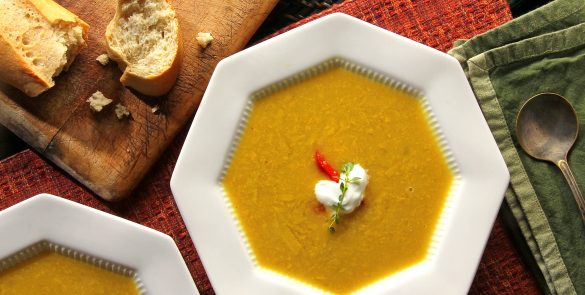
To maintain a normal temperature in winter, the body uses more energy, so it needs to be replenished more often. Eat nutritious and healthy warm food.
Before going out, it is a good idea to eat something hot. Food gives the body energy, a significant part of which will be used to heat it. It can be soups, broths, meat and fish or hearty side dishes. Spices will help you warm up in cold weather: curry, pepper, cumin, cinnamon, ginger.
Drink warm drinks
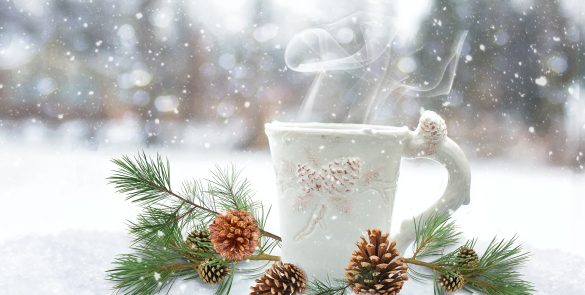
If you have to spend several hours on a frosty street, it is better to drink a cup of tea: herbal, with ginger and lemon. Hot chocolate, which keeps warm for a long time, also warms in cold weather.
You can also try making non-alcoholic mulled wine. For the recipe, you can choose either cranberry juice, pomegranate juice, or non-alcoholic red wine for the base. From there, you just need cloves, cinnamon sticks, star anise, oranges, and brown sugar to taste. Throw it all in a slow cooker and you have a non-alcoholic mulled wine that everyone can enjoy!
Get some sleep
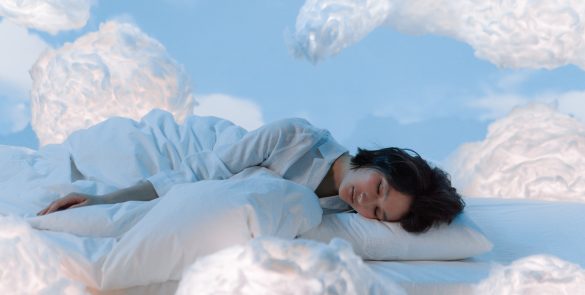
When the colourful trees and cool-to-mild temperatures of fall have come and gone, it means winter has come. The change of the season can also mean a negative change in your nightly sleep habits.
Sleeping in winter should make us even more responsible, and if the schedule allows us to spend at least 15 minutes more time in bed, we should use it. If not (our world is very far from ideal), then you need to get enough sleep and rest at least on weekends.
Smoking and alcohol do not keep you warm
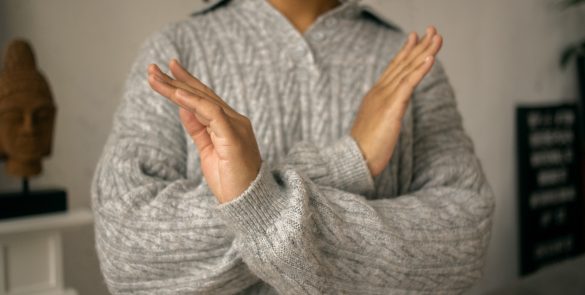
Drinking alcohol creates the illusion of warmth while actually making you lose heat much faster. Alcohol also weakens your own control over situations. In addition, alcohol simply weakens your own control over the situation, which will prevent you from being injured in difficult conditions.
Smoking reduces the speed of blood circulation in the limbs, and therefore makes them more vulnerable to frost. In addition, smoking and alcohol are harmful, regardless of the weather.
More sunlight
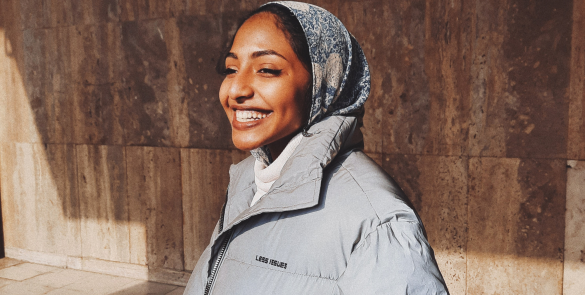
The end of daylight savings signals the start of the darkest time of year. With the return of standard time, many of us will be leaving work after sunset and, in some cases arriving before sunrise.
Try to be outside on a sunny day (although it doesn’t happen so often in winter), or at least, if you can’t get out into the fresh air, sit by the window for 20-30 minutes. If that’s not possible, consider a sun lamp (also known as light therapy or SAD lamp)- these lamps are believed to have a positive impact on serotonin and melatonin. Light not only improves your mood but also helps fight metabolic disorders and winter weakening of immunity.

